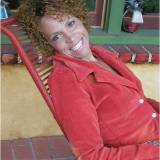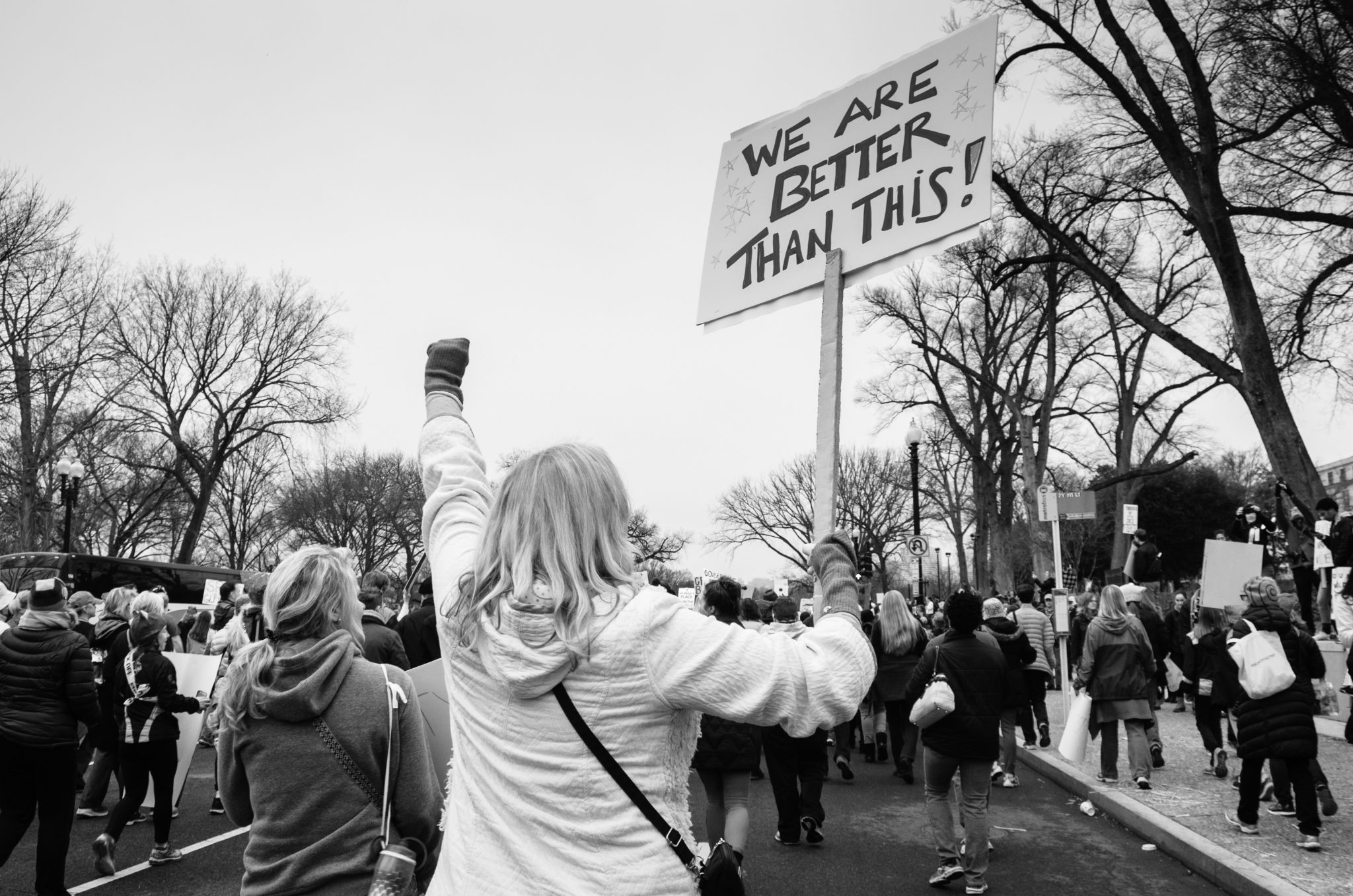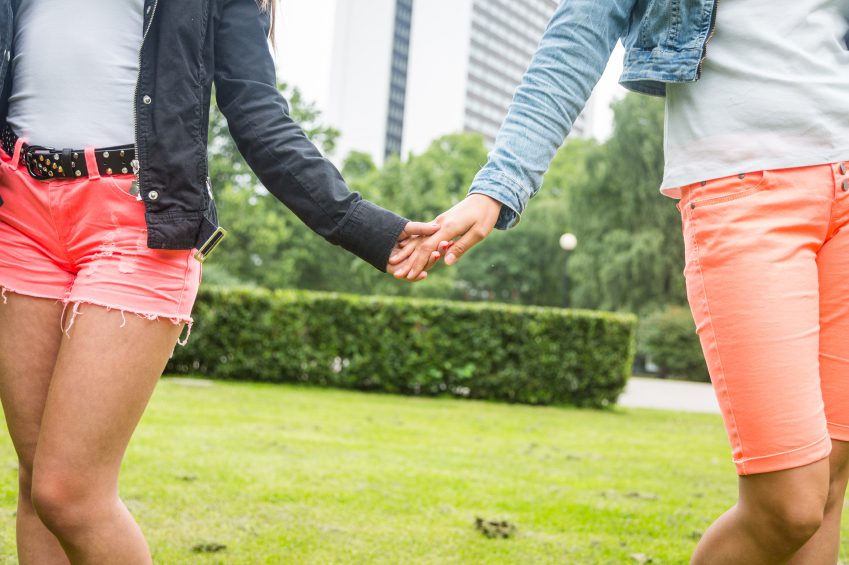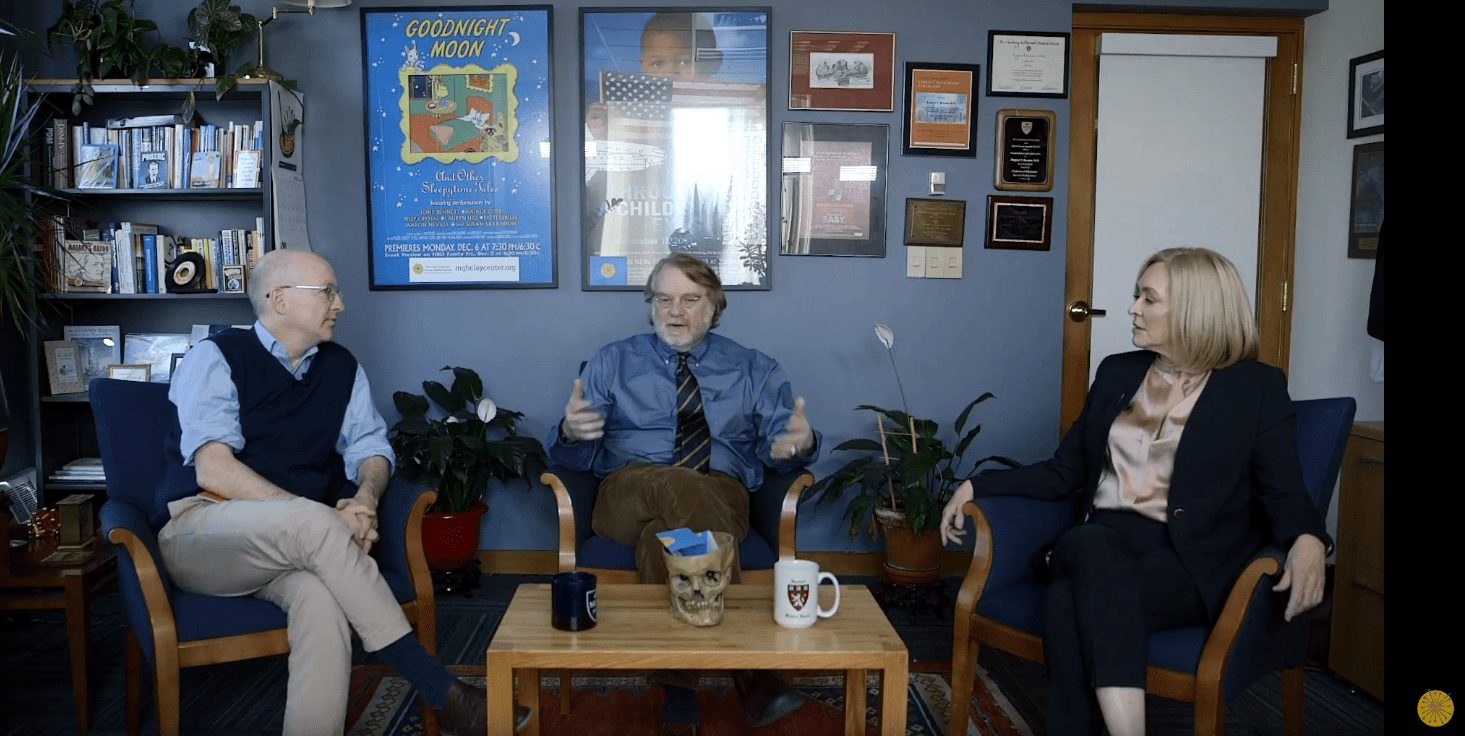In Memory Of Martin Luther King Jr.: The Providence Of Hope For A New Generation
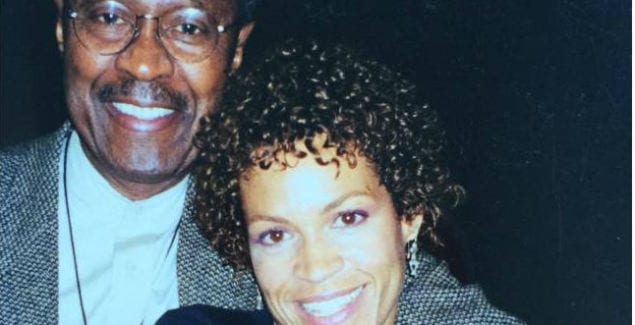
Posted in: You & Your Family
Topics: Hot Topics
“We haven’t learned how to be just and honest and kind and true and loving. And that is the basis of our problem….if we are to go forward today, we’ve got to go back and rediscover some mighty precious values that we’ve left behind.” ~Dr. Martin Luther King, Jr., 28 February 1954, Detroit, Mich.
Foreword
Gene Beresin, M.D. and Steven Schlozman, M.D.
This Monday is Martin Luther King Jr. Day.
Across America, in addition to enjoying a day off from school or work, it is our hope that people will stop and consider the enormous impact of Dr. King’s legacy. Our children may find it hard to believe that the United States was a very different place less than half a century ago.
Steve: My parents, both white, were married in 1960. They ventured from Kansas City to New Orleans for their honeymoon, and were surprised to be politely directed away from the “colored persons” drinking fountain in a Louisiana department store. I remember very vividly when they first told me this story. I was just a child, and the memory came out as I was trying to make sense of my grandmother referring to one of my parents’ friends as “colored.” I honestly didn’t know what my grandmother meant. Was I colorless?
Gene: My parents, both white, were married in 1945. They were children of Russian immigrants, and fought for social justice, labor unions (I was named after Eugene Victor Debs), human rights and freedom of speech. For years during and after the McCarthy Era, we were followed by a black car. So, I was considered a “red diaper” baby, and fondly recall members of the Screen Actors Guild, blacklisted, sleeping on our floor when they could not work. Despite my heritage, when we moved to the suburbs, swastikas were painted on the driveway—and my dad was a WWII veteran. I could not understand this. I also did not understand why I was suspended from school for selling SNCC (Student Nonviolent Coordinating Committee) peace buttons. My parents warned me that if I took their path, more hardship would come to me—but, that I should stand for my values.
Although readers will undoubtedly have different memories and opinions about the progress of civil rights in this country, virtually no one will argue that the history of American civil rights is rich with stories and controversies. To the extent that childhood resilience stems from embracing and calmly discussing difficult topics, we’d like to suggest that everyone honor Dr. King’s work by taking time to carefully discuss issues of race and equality for all. Share with your kids your stories; after all, a careful, peaceful and non-violent approach to social change is perhaps the greatest gift that Dr. King bestowed.
Because, as the following post notes, the work of Martin Luther King Jr. is far from over.
***
In Memory Of Martin Luther King Jr.:
The Providence Of Hope For A New Generation
Alexia Norton Jones
When I received a query about whether I would be interested in writing about my experience with the significance of Martin Luther King Jr. Day, as it lives on in my life today, decades since Dr. King and his family became a part of my life nearly fifty years ago, the question came as a kind of Providence. I was quite literally born into the Civil Rights Movement in 1959, as my mother and father were already deeply committed to changing the world for the better by simply getting married: a handsome Negro man to a strikingly beautiful, aristocratic, blue-eyed blonde.
The request from The MGH Clay Center for Young Healthy Minds immediately felt like a wonderful opportunity for me to share my memories of the past, all the while looking forward, outward and upward as we honor Dr. King’s life and legacy. After all, the mission of The Clay Center is to promote the well-being of youth and families.
In my memoir, I write about being born “black and blue,” “Negro and Blue-Blooded,” one of four children, who, by chance, was also born the year our parents decided to bring Dr. King into our lives. And, as history was made in our combined destinies, our lives would never be the same again.
In 1960, Dr. King was being criminally charged with tax evasion in Alabama. My father, Clarence, an already successful attorney working as a music executive, became Martin’s attorney (and later his draft speech writer), while my mother, Anne, a social worker and remarkably loving and idealistic woman and mother, was already fiercely committed to doing all she could to assure that the lives of her biracial children would be better than the abject poverty and inequality that had been the template for our father’s life—born poor and black, he lived with immeasurable scars from a childhood in which he was shuffled from one orphanage to another—a life so very different from her own.
However, together they would soon learn that the very rich and the very poor were joined in a place of common dreams, educational goals and ideology. They married in 1956, in one of the country’s first high society interracial weddings. Together, my parents were changing the world in their act of unity and love.
With Martin in their lives, the vividness of their love for a better America became a heartbeat of hope for all Americans. Martin was love in action.
The recent film, Selma, is a reminder of individual rights and hope. It is very hard for me to comprehend how few rights I was born with as I recall my childhood with happiness and joy. It’s hard for any child to imagine that the world will be different for him or her because of color, gender, cultural background, or sexual preference. We tell children from the time they are very small to “be yourself,” “be unique,” that “looks don’t matter,” “people will love you as you are,” and “you’re special.”
But at some point, reality sets in: the world, riddled with disparity and bias, can make even the most loving parents’ words feel like a lie or betrayal. Life is far more complicated than these idealistic “truths.” And, in a world on fire in a seemingly endless news cycle of death and destruction, how does even the most rational person find solace in the deeds and acts of an assassinated Nobel-Peace-Prize-winning icon? Well, we honor him with radical empathy, honesty, compassion and love—because Dr. King’s legacy is as relevant today as it was five decades ago.
While mulling over the request to write this piece, I recalled my weeping the night before, exhausted from the preceding weeks’ events. There was the death of a young friend Dr. King would have delighted in knowing, the terrorist attacks in France, the assassination of two innocent police in New York committed by a mentally ill man posing as a martyr and the many weeks of marches and protests throughout the country as one police officer after the next appeared to not be held accountable for the deaths of unarmed black men. I wept with a breathless sorrow that I had hoped to never feel in my lifetime—a sorrow that has also included a fear for the safety of my own brothers, whom I love dearly.
But, my tears dried as I watched images of the courageous marchers in France appearing in photos on social media and TV—after all, here was unprecedented history taking place in France, applauded by many world leaders. And, all I could think was, Wow, this is the March on Washington; Nous Sommes Charlie! We Shall Overcome! Free, indeed, is the anthem of triumphant, resilient human hearts—#IamNigeria, #SilenceIsViolence—Martin Luther King Jr.’s path of peace and non-violent activism restored in today’s “media” marches throughout the world. We are literally paving the way for our youth to feel safe enough to live Martin’s dream in action and deed.
This is the true legacy of Dr. King—to live in a world alive with change—with people of all nations and faiths refusing to be afraid and insisting on speaking up, all of them embracing the spirit of those who bravely marched in Selma in 1965.
In 1965, those who marched in Selma made our lives better. Today’s marchers will undoubtedly do the same.
We celebrate Martin Luther King Jr. and those whose passion drove the Civil Rights Movement for the freedom of all Americans. We celebrate Dr. King’s vision and mission for the rights of all individuals—particularly those marginalized in society. We celebrate, in other words, fundamental human rights.
In my home, the Civil Rights Movement was about the right of free speech, the rights of gay, lesbian, and transgendered individuals, and the rights of women. We believed fiercely in the power of economic and educational opportunity, in the salvation in freedom from poverty, in the beauty of religious freedom, and, most of all, in an abiding hope for any who were disenfranchised.
Think about how pressing this mission is in our life today—right here, right now. While there is danger, terror and oppression in our world, I know that there is also great hope. May the wellspring of hope be conveyed to our youth who will carry Dr. King’s banner of words and deeds into the future as a celebration of his life these many years later.
“Nous Sommes MLK.”
This would fulfill his dream.
Providence, indeed.

 Share
Share Tweet
Tweet